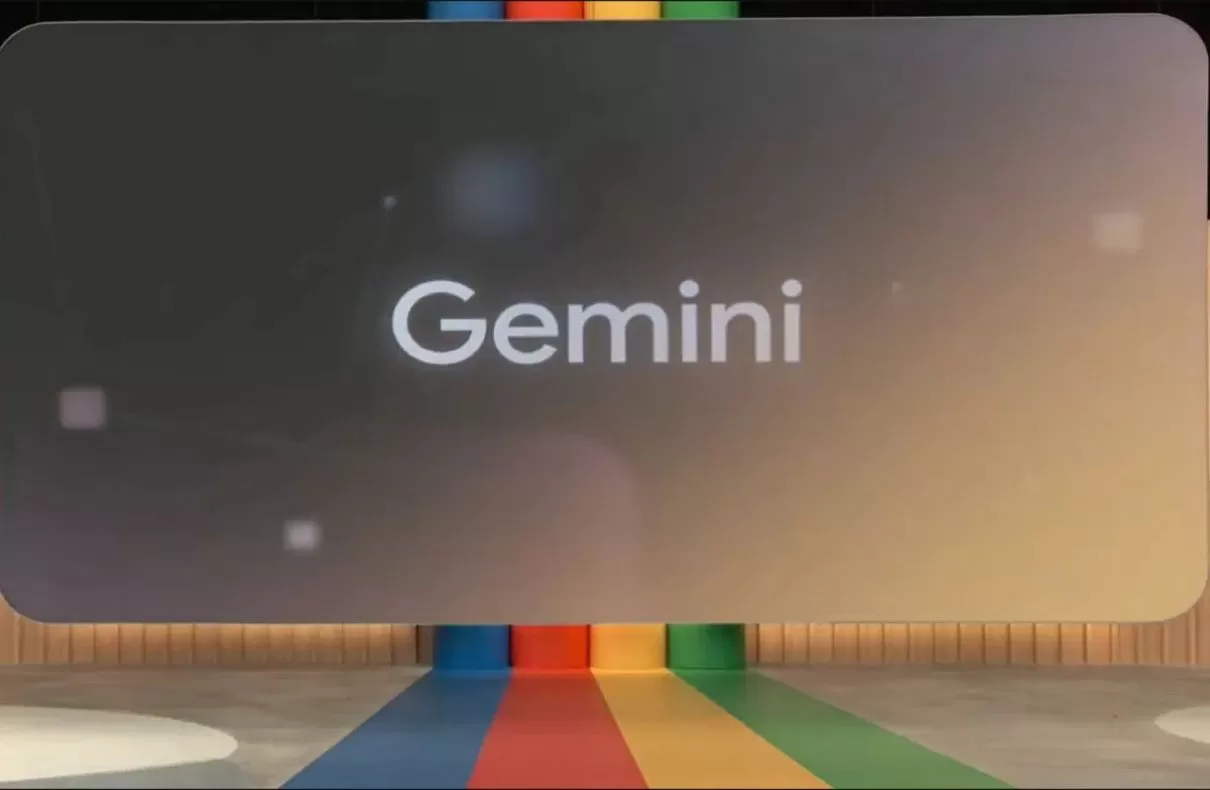Some time ago, in another column, I asked myself “(…) why do other professions practice ours (…)? What are we failing in that we have not finished establishing a position with all the differential and value that we can contribute? ” And the revolution generated by ChatGPT once again moved the hornet’s nest regarding the future of the profession.
“I wrote a line or two about your news” and voila we will quickly have a newsletter made. That is the proposal ofamiga”, the artificial intelligence tool created by Propel to simplify press and PR tasks. The novelty of “amiga” is that, on the one hand, it simplifies and makes the work of PR professionals more productive, but, on the other, it implies eliminating jobs in the sector.
Regarding the latter, according to a studyIn the US, it is estimated that AI-powered technologies could seriously affect many professions since these tools are powerful enough to, for example, develop PR proposals. In fact, the study classified which professions could suffer the greatest interruption and among a list of several affected are, precisely, public relations and also journalism.
However, as I said in my last column “(…) the important thing, beyond the tool, will be the use that is made of it”. In this sense, Wired has been one of the first outlets to publish what its official AI policy and how you plan to use it in your posts:
“We don’t run stories with AI-generated text, except where the fact that it’s AI-generated is the focus of the story. (In such cases, we will disclose usage and flag any errors), (…) This is for obvious reasons: current AI tools are prone to both error and bias, often producing dull and unoriginal writing. Furthermore, we believe that someone who writes for a living needs to be constantly thinking about the best way to express complex ideas in their own words.”
Regarding this point, on which Wired reflects, the study also agrees that one of the problems with GPT is that it can make mistakes, which requires the intervention of a person to supervise. This shows that ChatGPT is not effective enough to fully automate certain jobs.
So, beyond the changes that the emergence of a new technology of these characteristics implies, we must not lose focus because the problems that our profession is going through do not have to do purely and strictly with AI, which ultimately puts them more in evidence, but in reality they are long-standing.
As well stated by the professor James Hutton “(…) although opportunities abound, public relations is unlikely to fulfill its promise until they are willing and able to identify its fundamental nature and scope (…) Since its inception (…) public relations has suffered from an identity crisis (…) Both in theory and in practice, they have failed to arrive at a widely accepted definition of themselves in terms of their purpose (…)”.
By this I mean that the main challenge of keeping public relations alive and active goes beyond how they can impact or not the emergence of new technologies in the exercise of PR, but depends on us. As I once shared with you, I invite you to reflect on whether we are really taking advantage of all the potential that our profession offers because it is no longer enough to just say and defend it vehemently, we must do it. Or we’re going to disappear (and we can’t blame the AI).


